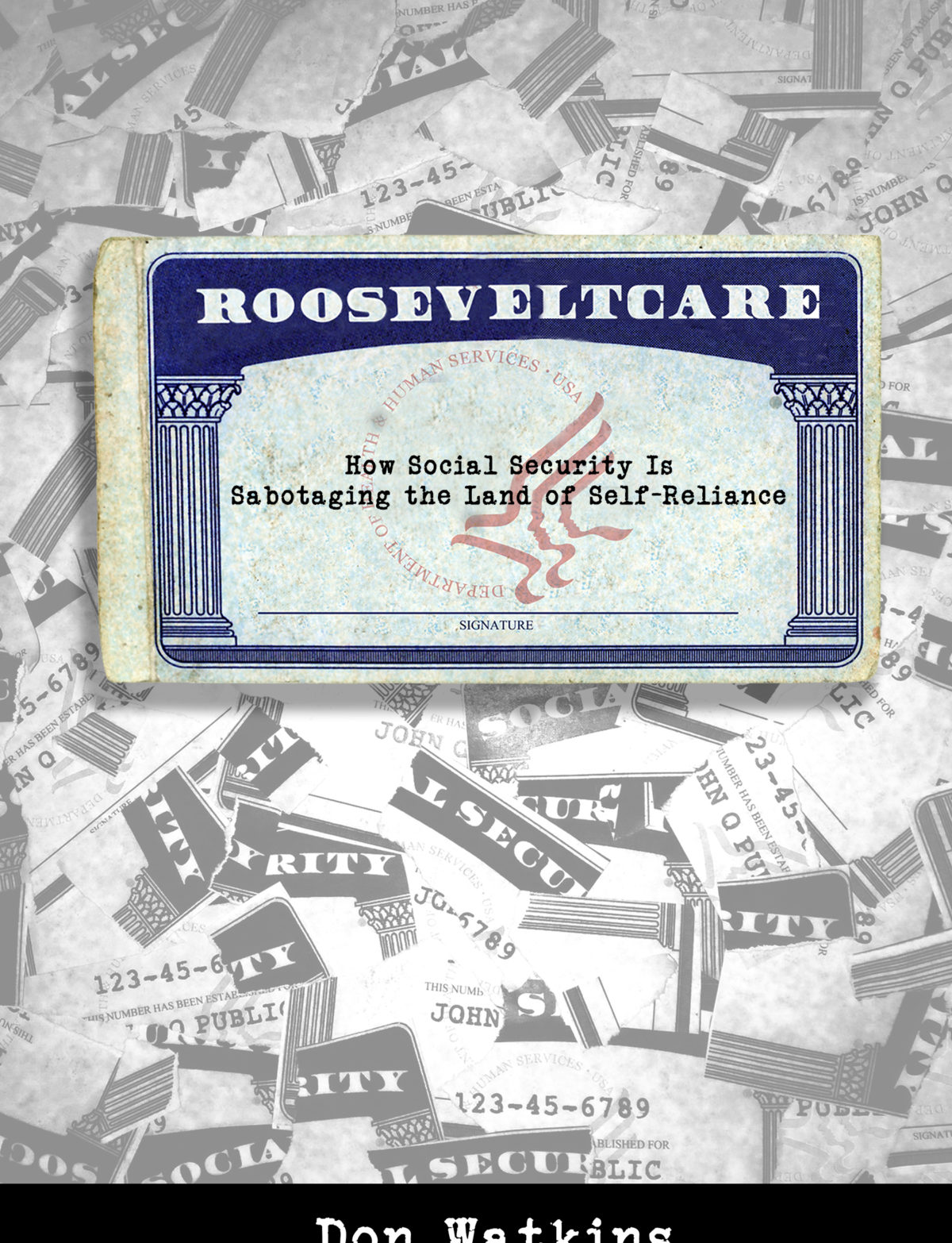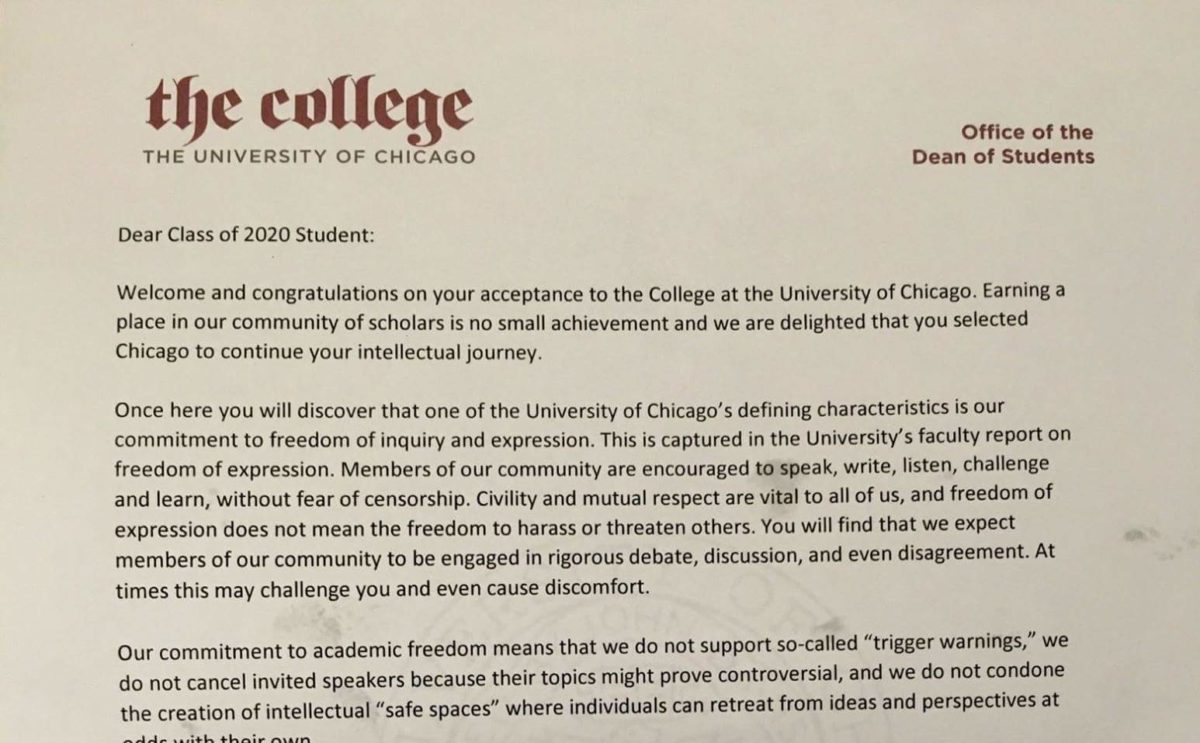 In a recent letter to its customers, Medicare provider Humana urged its customers to contact their elected officials and express their worries about the fact that the most recent healthcare bill would eliminate important services currently available to seniors under the Medicaid Advantage program. Humana also created a website and a toll-free number to call so that its customers could let their voices be heard in an easier, more effective, fashion. As of last week, however, that website and toll-free number are no longer operative.
In a recent letter to its customers, Medicare provider Humana urged its customers to contact their elected officials and express their worries about the fact that the most recent healthcare bill would eliminate important services currently available to seniors under the Medicaid Advantage program. Humana also created a website and a toll-free number to call so that its customers could let their voices be heard in an easier, more effective, fashion. As of last week, however, that website and toll-free number are no longer operative.
The reason is not that Humana achieved its aims, or that it willfully closed the website and toll-free number because it changed its mind. Humana shut down its operations because the United States government instructed it, by threat of legal punishment, to do so.
Senator Max Baucus set the wheels in motion a few weeks ago by urging a federal investigation of Humana by The Center for Medicare and Medicaid Services (CMS). Baucus, author of the current healthcare bill, had learned about the letter Humana had sent to its customers. He disagreed with the letter’s claim that his proposed gradual removal of over $100b to Medicare really constituted a “cut to services.” But rather than offering arguments against Humana’s claims, the Senator responded by immediately prompting the CMS to conduct an investigation into Humana’s campaign.
In a memo sent to Humana, the government orders the company to stop sending the letter. The memo ends with the chilling warning that “we take this matter very seriously and, based upon the findings of our investigation, will pursue compliance and enforcement actions.” Humana got the message, stopped sending the letters, and shut down its website and toll free number.
What exactly was Humana’s crime? According to the government, it was that Humana’s claim that seniors’ services may be cut is “misleading and confusing,” and potentially against marketing regulations. The government did not allege fraud—it had no grounds to—but tried to hinge its argument on a legal technicality. Yet it did not initiate similar investigations or gag orders against other companies who support the bill. Humana’s crime was not anything procedural—it was the content of its letter. Humana’s letter argued against the government party line.
The gag order against Humana is a clear violation of freedom of speech. It is a quintessential instance of government using its power to silence a private party that happens to disagree with the official state position. How is it that the government is able to execute such a blatant violation of basic free speech rights?
It is because the government picked an easy target. Humana is a corporation and a healthcare provider. Senator Baucus knows that businesses, especially corporations, are vulnerable–not many people are willing to publicly defend a for-profit institution. He knew that Humana could (and indeed it has) be intimidated into silence. By his actions, he has effectively killed two birds with one stone: he has demonstrated to Humana and other healthcare providers that he and other legislators hold power over their ability to speak while silencing opposition to his plan at the same time.
The Federal Government’s muzzling of Humana goes far deeper than any disagreement about which arguments happen to be right in the case of any one piece of legislature. By using regulatory threats to gag Humana, Senator Baucus has taken a major step towards establishing the principle that the government has the ability to control what can and cannot be said by Americans and their companies. Imagine the government ordering Apple to stop running commercials critical of PCs, because the information could be “misleading and confusing.” Then, imagine the utter horror Iranian citizens experienced during their recent election–where they were shot at, gassed, and beaten for disagreeing with their government’s conclusion. However different the scope of the government’s abuse of power, both involve the violation of the same principle: freedom of speech. Both are an expression of tyranny. Our government would do neither today. But in silencing Humana, it has demonstrated that it may do anything in the future.
Once the principle of free speech has been conceded, once it is believed that the owners of Humana do not have the right to speak out against the government, there is nothing to stop more encroachment by the government on all areas of speech. Anyone who disagrees with the government’s position on the economy, on science, on foreign policy can be similarly threatened (And indeed, Bank of America was threatened a few months ago). If the government’s silencing of Humana stands without being challenged, we will have taken another step away from freedom of speech and towards a world in which unpopular opinions are met with force.




